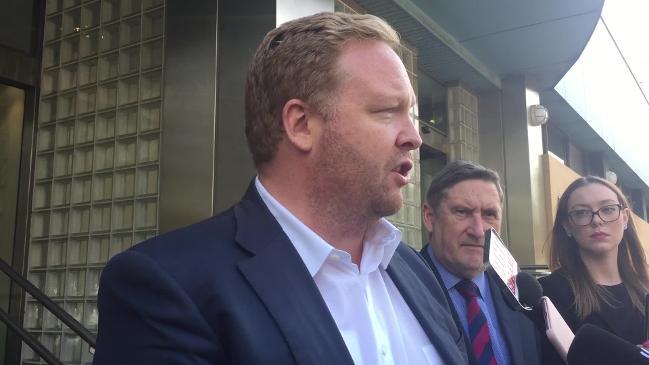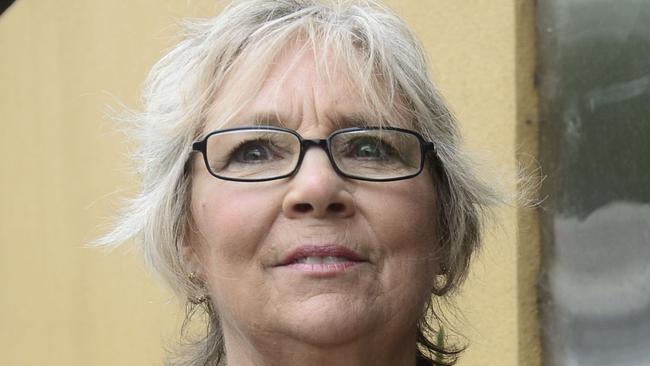Royal Australian College of Surgeons won’t back plans to reveal surgeons’ death rate
THE Royal Australian College of Surgeons has refused to back a proposal to make public the number of deaths under each surgeon’s watch.

News
Don't miss out on the headlines from News . Followed categories will be added to My News.
PROPOSALS to publicly reveal the number of people who die under a surgeon’s scalpel, so patients can better choose who performs their operation, have been raised at a meeting of Australian medical specialists.
But the Royal Australian College of Surgeons has refused to back such a plan, saying too many surgeons would risk losing their jobs, or turn their backs on difficult patients and procedures.
The issue was raised by anaesthetists following a similar “league table” in the UK, which has led to poorly performing surgeons being drummed out of its National Health Service.
PARKINSON’S SURGERY LETS PATIENTS SLEEP THROUGH PROCEDURE
STUDENTS’ CASUAL CLOTHES DAY FUNDS LIFE CHANGING SURGERY
FAMILY THANKS HOSPITAL STAFF FOR ‘LITTLE MIRACLE’ BABY BOY
RACS president Mr John Batten said he appreciated the need for greater transparency but believes public disclosure of data such as deaths would go too far. “If you made that public, what would happen? That would be the end of that surgeon’s career (and) do you know how long it takes to train a surgeon?” Mr Batten said.

However, addressing the Australian and New Zealand College of Anaesthetists annual conference in Sydney yesterday, visiting UK specialist Dr Andrew Klein said examining the “variability“ between surgeons and hospitals should be encouraged to determine if public reporting was needed.
“Any patient can look up any hospital in the United Kingdom and look at their mortality, their readmission rate, their revision rate, the use of prosthesis for the hospital and by surgeon,” Dr Klein said.
“This has led to 20-30 consultant cardiac surgeons losing their jobs. They lose their jobs, their income, their family. There are a couple driving Uber cabs ... it really is the end of the world.
“The surgeons want to get rid of this, the patients want to keep it and the NHS very much wants to keep it.”

Since 2014, the UK’s National Health Service has published performance measures for each of its 5000 surgeons, including patient survival rates and the number of operations performed. As well as allowing patients to choose the best surgeon for their operation, the data is used to raise red flags to medical authorities, and any who fall outside a 95 per cent confidence measure are automatically suspended while their work is reviewed.
Lorraine Long from Medical Error Action Group said the public had a right to know about all doctors’ performance, including the number of times they had undertaken a procedure, deaths, readmissions and complication rates.

“You only have to look at the number of doctors who are repeat offenders and, if those patients knew about their first episode, I’m sure they wouldn’t have gone to them so they could become the second episode,” Ms Long said.
A push for the performance of UK anaesthetists to also be published was scrapped after 2015 research by Dr Klein showed neither the hospital where a surgery took place or the anaesthetist involved had any impact on survival rates.


